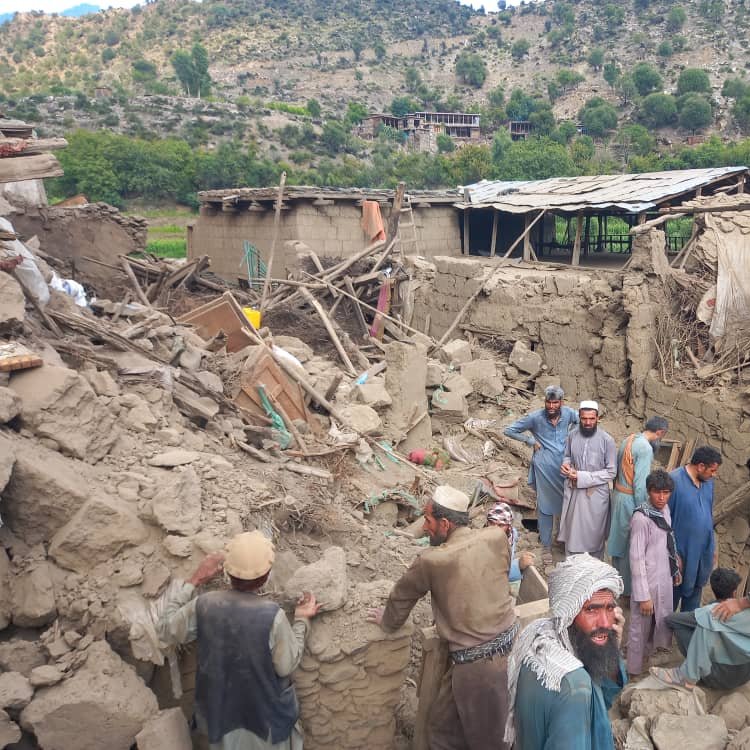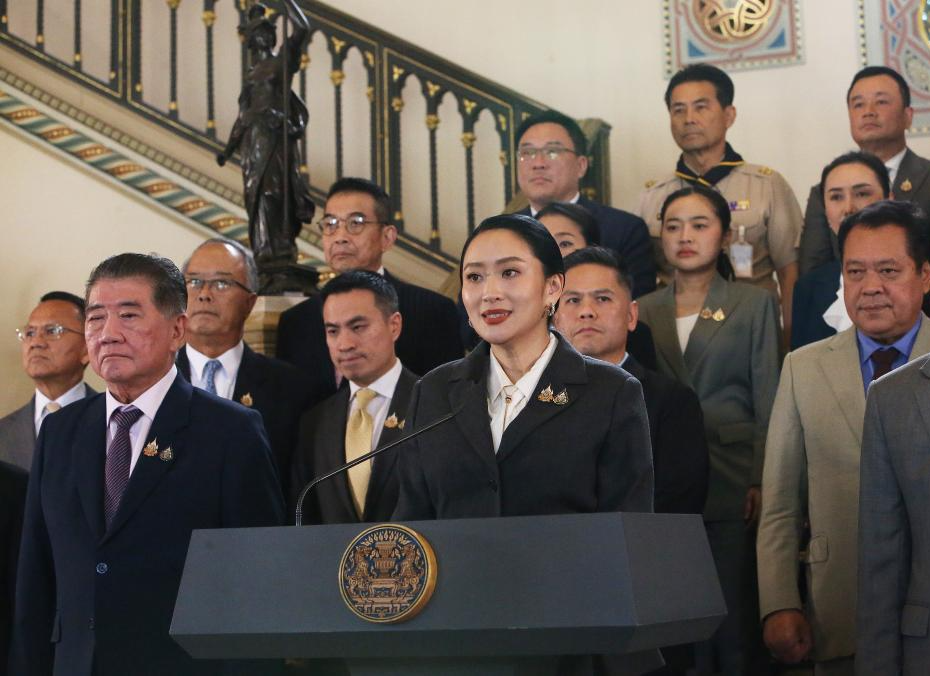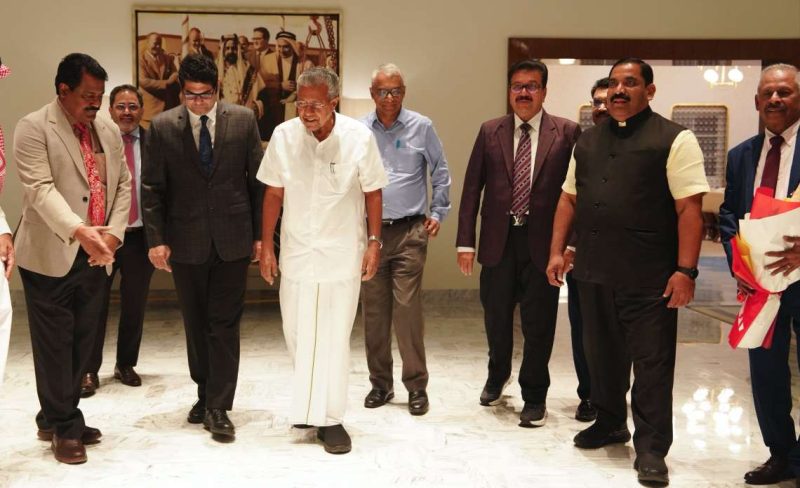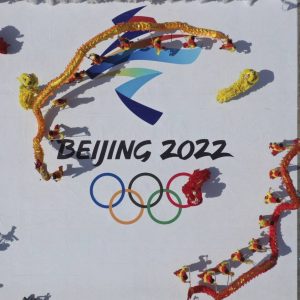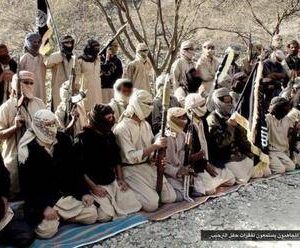China marked 80 years since WWII’s end with a massive military parade in Beijing, where Xi pledged peace and strength, while Putin and Kim stood in solidarity….reports Asian Lite News
China staged a grand military parade in Beijing on Wednesday to mark the 80th anniversary of the end of World War II, showcasing its growing military power and international influence. The event drew global attention not only for its scale but also for the high-profile presence of Russian President Vladimir Putin and North Korean leader Kim Jong-un, underscoring Beijing’s role in shaping new geopolitical alignments.
President Xi Jinping addressed the ceremony by calling China’s national rejuvenation “unstoppable” while pledging adherence to the path of peaceful development. His remarks struck a balance between projecting confidence in China’s global ambitions and framing its rise as cooperative rather than confrontational.
“Humanity is again faced with a choice of peace or war, dialogue or confrontation, and win-win outcomes or zero-sum games,” Xi declared. “The Chinese people will stand firmly on the right side of history and on the side of human progress, adhere to the path of peaceful development, and join hands with the rest of the world to build a community with a shared future for humanity.”
Xi urged the People’s Liberation Army (PLA) to accelerate its modernisation drive, insisting it must become a world-class force capable of safeguarding China’s sovereignty and territorial integrity while contributing to global stability. He linked military strength to China’s broader strategy of national rejuvenation, stating that the PLA must provide “strategic support” for Beijing’s long-term goals.
China observes 3 September as Victory Day, commemorating what it calls the triumph over Japanese aggression in 1945. While Western powers typically mark the end of World War II in May, Beijing’s observance highlights the role of Chinese resistance in the Pacific theatre. Wednesday’s parade featured displays of advanced weaponry, precision marches, and air shows that symbolised China’s military rise over the past decades.
Xi’s speech also carried a strong appeal for global unity in avoiding renewed conflict. “Common security can only be safeguarded when nations across the world treat each other as equals, live in harmony, and mutually support one another,” he said, warning against the dangers of repeating historical tragedies.
Putin’s presence at the ceremony underscored deepening ties between Moscow and Beijing at a time when both countries are grappling with strained relations with the West. Russia’s participation carried symbolic weight, reinforcing the narrative of a shared struggle during World War II and a continuing partnership against what they both regard as Western dominance in global affairs.
North Korea’s leader Kim Jong-un also attracted considerable attention, not least because of reports that he was accompanied by his daughter, Kim Ju-ae. South Korea’s National Intelligence Service (NIS) assessed that she appeared to be travelling with her father to Beijing, marking her first overseas trip alongside him.
The NIS noted that her presence could be intended to cement her position as Kim’s potential successor, signalling continuity of leadership to both domestic and international audiences. Since her first public appearance at a missile launch event in 2022, Ju-ae has increasingly been seen at official functions, sparking speculation that she is being groomed for future leadership.
In photographs released by China’s Xinhua News Agency, Kim was shown stepping off his armoured train in Beijing, trailed by figures believed to be his daughter and senior officials. North Korea’s state-run Korean Central News Agency later confirmed Kim’s arrival and said he was warmly welcomed by Chinese Foreign Minister Wang Yi.
Until now, Kim’s foreign visits have typically included his wife, Ri Sol-ju, making this appearance by his daughter particularly notable. Analysts believe Pyongyang may be using the occasion of China’s military parade to introduce Ju-ae on the international stage, though sceptics suggest her presence could also serve as a symbolic gesture of representing the “future generation” without formal succession intent.
Her appearance comes at a sensitive moment, as North Korea faces increasing isolation over its nuclear weapons programme and reliance on Beijing as a key diplomatic and economic ally. The optics of Kim arriving with Ju-ae in Beijing during such a high-profile event signal both familial continuity and North Korea’s close alignment with China.
Together, the simultaneous presence of Putin and Kim in Beijing sent a clear message to the world: China is not only commemorating its past role in global conflict but also positioning itself at the heart of current geopolitical currents. Against the backdrop of global conflicts and rising tensions, Beijing sought to project itself as a champion of peace and development, while also reminding the world of its expanding military reach.
For Xi Jinping, the occasion was more than a commemoration. It was an assertion of China’s self-image as a rising power, firmly determined to shape the future order in line with its vision of global cooperation—albeit on terms where Beijing’s voice carries decisive weight.






